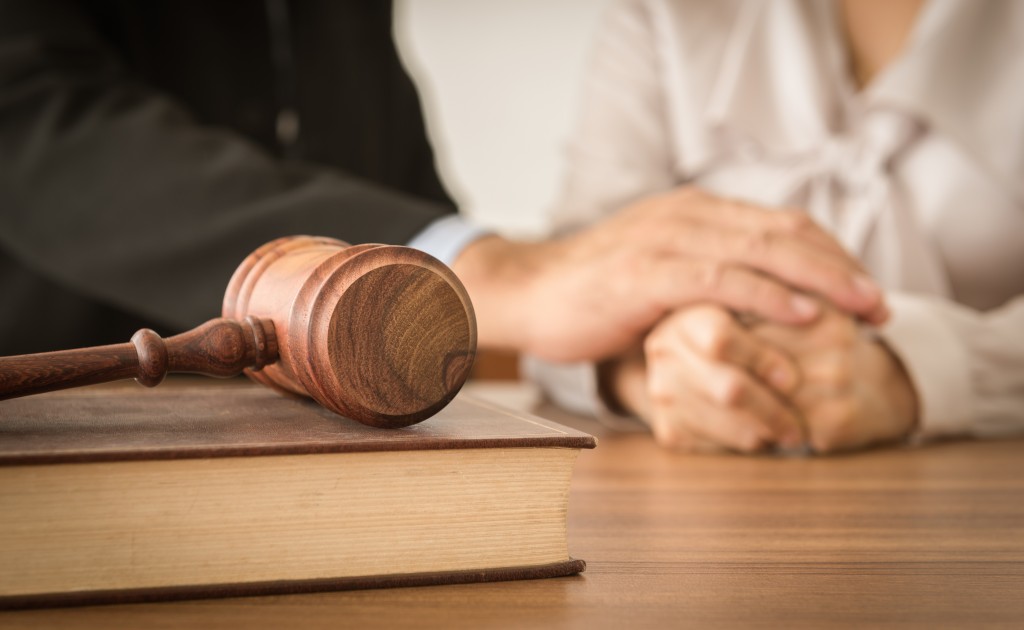Dealing with serious allegations, especially when it involves legal issues, will potentially disrupt your daily life. It will bring you not only physical exhaustion but also mental and emotional stress. Thus, before you experience burnout because of legal complaints, you need to have a basic understanding of your rights. This means you need to educate yourself about the possible solutions that will help you get through challenging situations. Avoid waiting for actual lawsuits to be thrown at you before you take action.
Some people believe they don’t need to prepare for facing serious problems regarding the law. They think they will be safe from lawsuits as long as they follow the rules and avoid breaking any regulation. However, you need to understand that uncontrollable situations may affect your life. This means accidents and unexpected scenarios can happen to anyone. Thus, you need to do your best to anticipate possible issues. This way, you will have an idea of how to defend yourself using legal means.
Knowing Your Legal Rights: Basic Rules You Need to Understand
One of the best ways to defend yourself from any lawsuit is to educate yourself about the law. The more you know and understand your legal rights, the better. This means if you have enough information about the law, you can avoid getting legal complaints and prevent authorities from arresting you. Here are a few things you need to know when dealing with your legal rights:
- You are entitled to get a lawyer—No one can force you to say or do anything if you refuse to. You can always request a lawyer first. This way, you avoid the tendency to self-incriminate. For instance, if you get into a car accident, you need to contact your trusted car accident lawyer immediately. This means you must avoid providing information to the other party and authorities to avoid making matters worse. This is especially true if you are being accused of causing the accident, but you are innocent.

- Other people can’t discriminate or mistreat you in any way—You have the right to receive fair treatment. This is applicable anywhere, whether working in an office or enjoying your meal in a restaurant. Other people don’t have the right to mistreat you in any way. Thus, if you think your rights are violated, you can always file a complaint.
- The law remains equal for everyone—No one should be above the law. It remains equal for everyone, so you need to always keep this in mind. You need to understand that no one is exempted when receiving complaints or lawsuits. At the same time, no one can abuse their rights, especially if they already inconvenience other people.
- You should never be detained or arrested illegally—You don’t need to allow authorities, even police officers, to take you if they don’t have legal grounds to do so. They need to issue an arrest warrant or catch you performing a criminal act before legally taking you with them. When in doubt, always contact your lawyer and tell them about your situation as soon as possible.
- Anyone should be treated innocent unless proven guilty—If someone accuses you of something illegal, other people, especially legal representatives, need to treat you as innocent. People need to present enough evidence and prove that you are guilty before treating you as someone who committed a crime.
- Enjoy the freedom of expressing your thoughts—You are entitled to express your thoughts whenever you want. This means you can speak about specific topics whenever or wherever you want. However, you need to understand that you need to do this mindfully. This means you still need to make sure that you do not violate other people’s rights.
- Have the right to practice your religion—No one can force you to follow their practices, especially if it’s not allowed in your religion. Remember that you have the right to follow your own principles and beliefs. Thus, it will be illegal if someone refused to let you do what you need to practice your religion.
Having these fundamental rights is a huge privilege for everyone. However, you need to understand that there is a particular limitation to one’s rights. For instance, you can enjoy the freedom of expression. But if you use it to share fake information or defamatory remarks, you can be sued. This only shows that people can do whatever they want as long as they don’t negatively affect other people. Thus, you still need to be careful when practicing your rights. When in doubt, you can always rely on your lawyer.